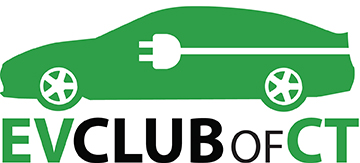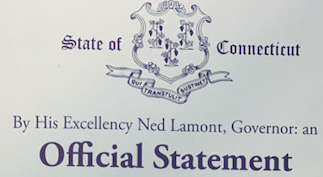Governor Lamont Proclamation on Drive Electric Week
This is the official proclamation from the office of the Governor declaring the week of September 14-22 to be Drive Electric Week and highlighting the benefits that moving to EVs will have on emission reduction … Read more

